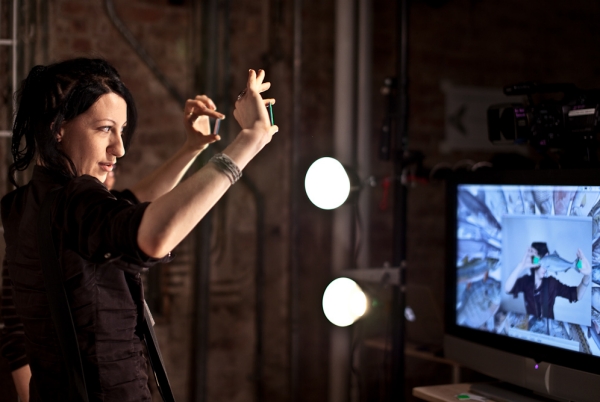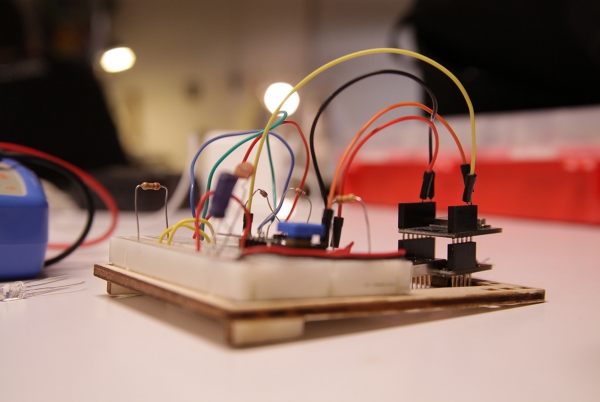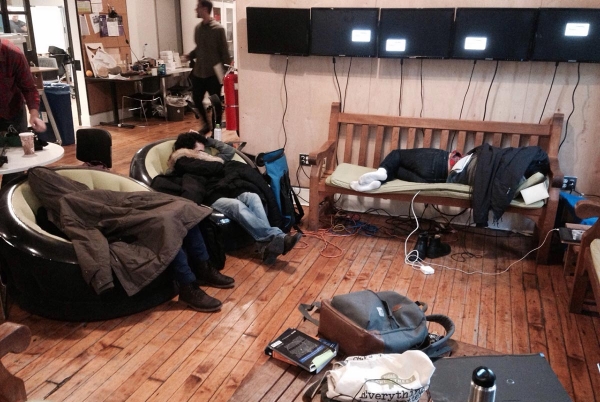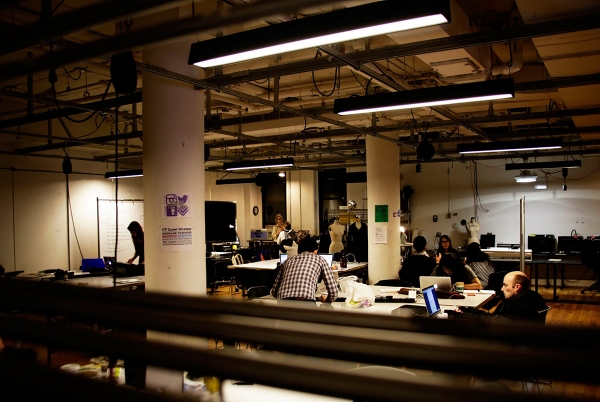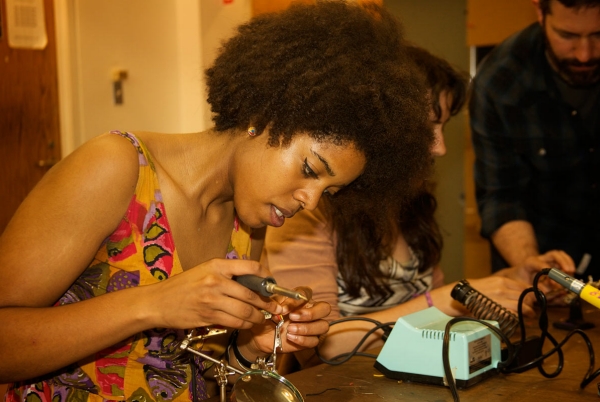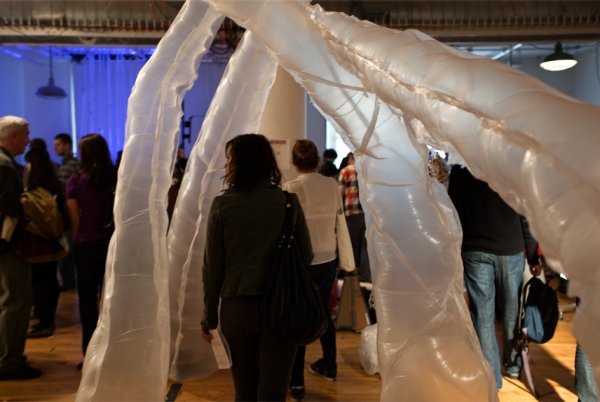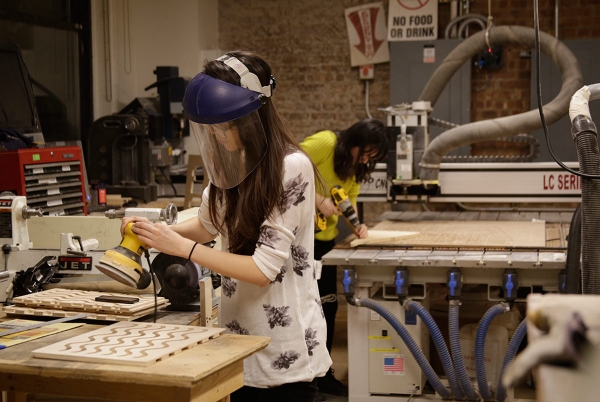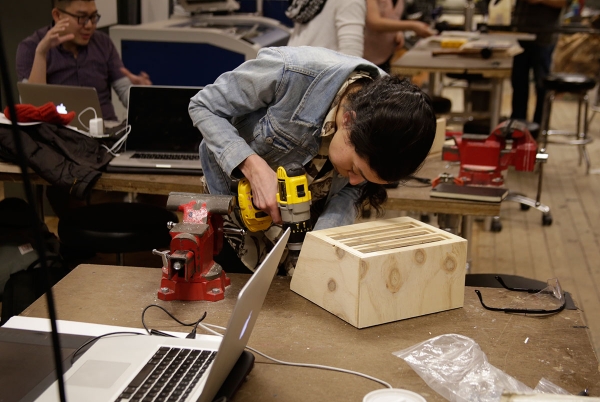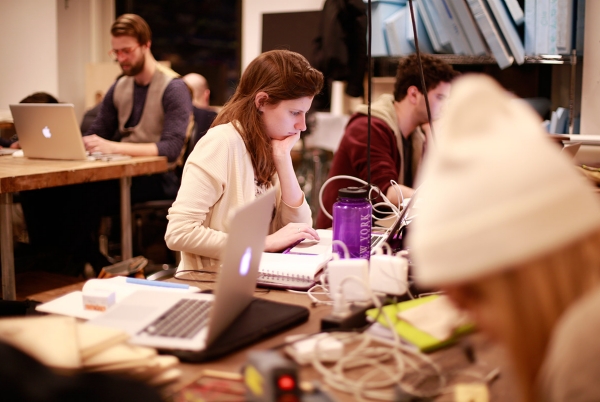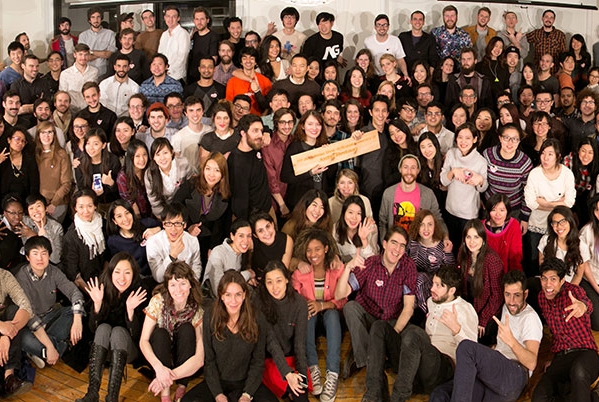Tier 1 - Foundation Courses <br> (16 credits)
Foundation classes provide a baseline of technical skills, conceptual understanding and creative process to support and catalyze student projects. Each foundation course will be offered at least once a year. Generally, students will be expected to complete these foundation courses before moving to Tier Two or Tier Three. Sixteen credits in foundation courses are required for completion of the degree program. Due to previous studies or work experience, some students may consider themselves already proficient in a field covered by a foundation course. They may apply to a faculty advisor for permission to waive it. Waiver of a foundation course does not in itself reduce the 60-point requirement for graduation; it means a student will increase the number of elective studies or fieldwork courses taken.
